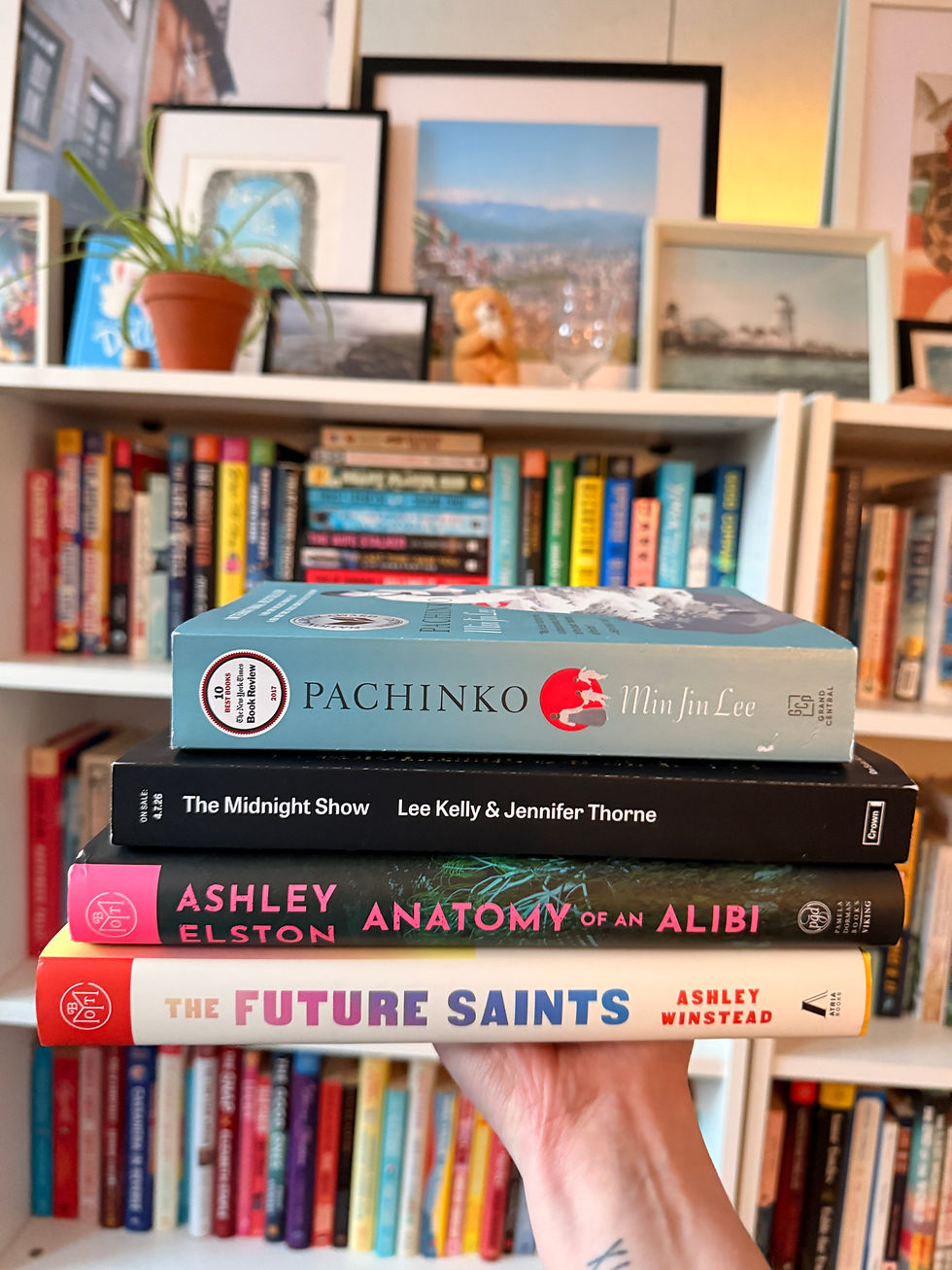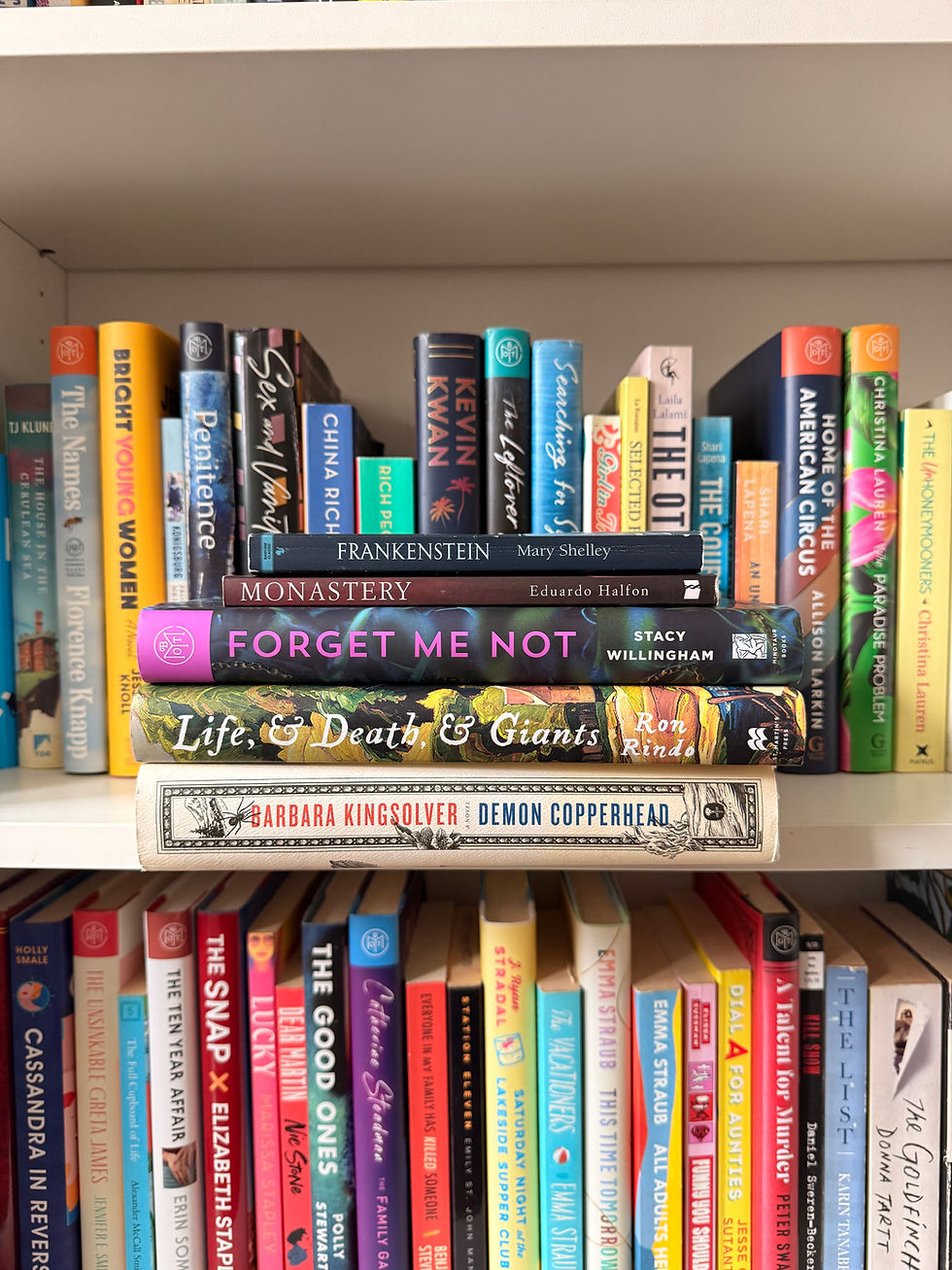thoughts on grief.
- Olivia Swindler
- Aug 21, 2022
- 3 min read

Recently I have begun to think a lot about aging. The closer I get to 30, the more girls’ night turns into discussions on what eye cream you are using and if it is actually worth the price of two times your dinner entree.
(It’s probably not, and we all know it, but there’s something sweet about the denial that there really is an eye cream that will solve all your problems.)
This year my grief is 17 years old, and I can’t help but stop to think about how it is aging. If it were a child, we would be prepping for the SATs and dreaming about college. If it were a houseplant, it would be a living miracle; no one can keep a plant alive that long. If it were a cat, it would be grumpy and old.
The world doesn’t watch as it ages. But I feel it. As the caretaker of this grief, I can feel it growing older. More independent. It doesn’t cling to me the same way it did when it was younger. It is no longer the thing that I am worried defines me. No longer all-consuming.
In high school, I was so afraid of being the girl with the dead mom. I didn’t want to be defined by my grief. I didn’t want kids to think I was weird or getting special treatment. I tried so desperately to slip in and out of it. I was a teenager with a fear of commitment – I couldn’t even commit to grief.
Then it became ever-present. It was all I wanted to talk to. People must know my mother died. As if that would explain away any personality quirk or get me a discount on my ice cream.
Clearly, it has not been a graceful or smooth journey, the aging of my grief.
But is it supposed to be?
What is this supposed to look like?
What does it actually mean for grief to age gracefully?
The thing about grief is it is not tangible. It’s fluid, taking up however much space it sees fit that day. Sometimes it is loud, all-consuming, demanding all the attention. But other times, it is quiet, soft, in a corner, minding its own business. It has not gone away. But I don’t think that grief is really meant to go away.
I think that it comes out when it needs to.
Because I have been raising this grief, I can sit with someone who is hurting, with someone who has lost a parent, with someone who is sick. Their emotions do not feel foreign to me. I can relate because I, too, am carrying a grief.
Sure, my grief might be older; maybe that makes it wiser. But it will always be there. Like a child, it might leave, but it will still return (most years at least) for the holidays and special occasions.
When my grief first arrived on August 21, 2005, I couldn’t wait for it to leave, to move out forever. I wanted to be an empty nester. I didn’t want to watch how my grief would age and morph. It was uncomfortable and heavy, and a 12-year-old is not meant to raise something as life-altering as grief – I couldn’t even keep a fish alive!
But I don’t feel that way anymore. I don’t mind grief’s company. It has made me who I am. It has taught me lessons about myself and the world around me. It has taught me compassion and empathy and how to sit with hard and heavy emotions.
The reality is we are aging together.
P.S. I bought the eye cream.



Brilliant